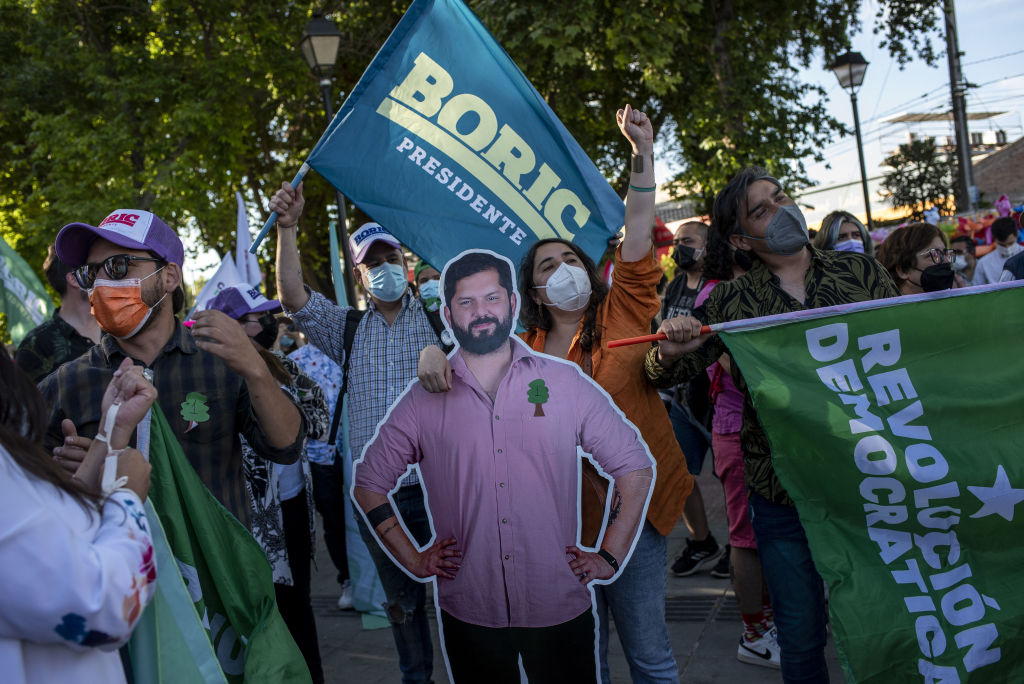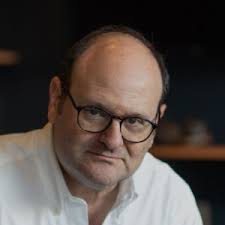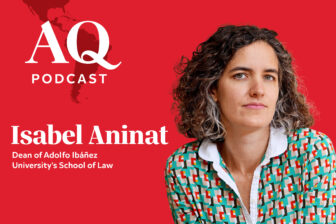SANTIAGO – In the heat of election rhetoric, it is common to hear opponents accuse Chilean presidential candidate Gabriel Boric of being “controlled by the Communists.” Some say that while they like Boric personally, “the problem is those around him.” These comments speak to deep-seated antipathy towards the Communist Party in Chile, allowing opponents to label Boric as far left, and the election as a battle between two extremes.
The curious thing about this dynamic is that it tries to affix onto Boric policies and attitudes which are clearly not his. As a representative of a new kind of left in Chile, Boric has long been critical of the center-left which governed the country for much of the last three decades, accusing it of being too timid and “neoliberal.” But at the same time, he has also been willing to question what often comes across as his generation’s implicit attitude of moral superiority.
“There is indeed a view in my generation,” he said in 2017, “that history began in 2011 … the Frente Amplio must be careful to keep politics in the realm of the political and not the moral.”
As a result, Boric has frequently opposed positions that the Communist Party supports (or vice versa) – from his opposition to the Venezuelan, Cuban and Nicaraguan regimes, to his support for the November 2019 cross-party agreement that set in motion Chile’s current constitutional process.
The two extremes narrative is based on the view that while José Antonio Kast is placed on the extreme right, Boric represents the extreme left. There is certainly a part of Boric’s rhetoric and behavior that seems to back up this claim – his political origins as a student leader were in a group called the Autonomous Left’ which, based on Marxism and Gramscism, developed an approach toward political action and organization that placed it well to the left of Chile’s traditional socialist sectors. Boric left this group in 2016, creating the Frente Amplio coalition which sought a more pragmatic approach to gaining power, including coalition-building.
Still, as recently as July of last year, Boric made a point of visiting a group of protesters, imprisoned – unfairly according to Boric – after the October 2019 protests. Similarly, in 2018, although he insisted that “we cannot accept murder or violence against those who think differently from us, nor out of revenge,” during a trip to Paris Boric paid a visit to one of the killers of former Senator Jaime Guzmán, assassinated in 1991.
These gestures, together with the raised fist and calling his supporters “comrades,” make it clear that Boric seeks to place himself firmly in the epistemic community of a romantic, revolutionary left.

And yet a look at Boric’s election platform shows there is little that seems all that radical. To be sure, there are all the expected nods one might find in any progressive agenda: an emphasis on feminism, a green economy, recognition of groups from the LGBT community to indigenous peoples. But there is also regulation, not nationalization; fiscal responsibility, not profligacy; a commitment to Central Bank independence. He proposes to lower the working week from 44 to hours to 40, pretty much the standard throughout Western Europe. The more extravagant proposals – expanded public health care and pension systems, the reconstruction of a national rail network – may be economically unfeasible in the short term, but they hardly seem revolutionary. What they do seek to do is to change the nature of the Chilean development model, from a neoliberal one to a social democratic one. Indeed, “Boric the revolutionary” has made no bones about identifying as social democrat.
These contradictions illustrate how hard it is to peg the new left on a traditional ideological spectrum. While it might once have appeared radical to infuse every aspect of a political platform with feminism and environmentalism, for a new generation facing different existential threats than those of their parents, such approaches seem like common sense.
On the other hand, the debate is as old as socialism itself. From the internal divisions during Salvador Allende’s failed presidency, to the eternal debates between Bolsheviks and Mensheviks in pre-revolutionary Russia, to Marx’s Critique of the Gotha Program, attacking 19th-century German Social Democrats for being too timid, the question of how far and how fast has been an enduring one on the left.
Chile’s 2019 protests were in large measure the result of unmet expectations for an emerging middle class whose past sacrifices have not paid off as much as they had hoped. In the run-up to the run-off, both Kast and Boric have tried to speak to this disappointed majority. Kast has emphasized order and safety, Boric social justice. In so doing, both candidates have tried to address dashed hopes by offering even more hope, a risky proposition, which might explain why Boric has now opted to emphasize gradualness. His new approach is both a recognition of current political realities, and an echo of past debates. It is also a harbinger of the kind of tensions a possible Boric government will face.
—
Funk is a professor of political science at the University of Chile and a partner in Andes Risk Group, a political consultancy firm.









